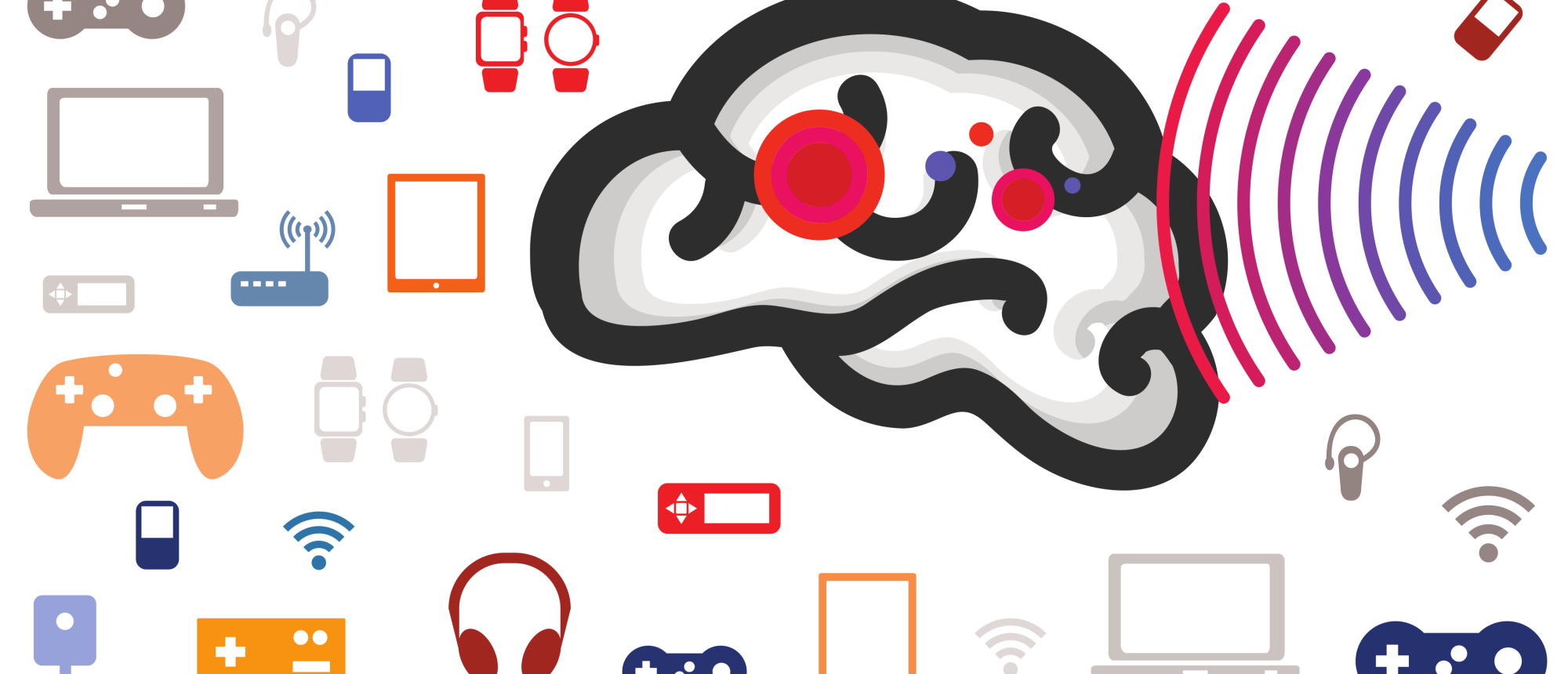
AI-Powered Health: Unlocking Potential, Preserving the Human Touch
Artificial Intelligence (AI) is transforming the health and wellness industry, offering groundbreaking opportunities to better understand and care for our minds and bodies.
- Author:
- Devin Merriman
- Date:
- February 18 2025
From disease prevention to mental health support, AI-driven tools are pushing the boundaries of innovative possibilities. While these advances are exciting, they do come with challenges—like data privacy concerns and the risk of over-relying on technology. That’s why human oversight is crucial. At our company, we view AI as an empowering tool, but our small team of people is at the core of everything we do. We closely monitor every digital solution we offer, including our personalized quiz, to ensure it works safely and effectively for each individual.
AI is making a huge difference in preventative and personalized healthcare. Advanced systems can analyze vast amounts of patient data to detect early signs of illnesses like heart disease and cancer. Wearables, such as Apple Watches, Fitbits, and so many more, monitor real-time health metrics—flagging irregular heartbeats or oxygen level changes before a user may even notice something is wrong. AI is also revolutionizing wellness plans. Platforms like ZOE, for example, use machine learning to study gut health and offer nutrition advice tailored to a person’s unique biology. Similarly, our quiz gives users insight into their mental and physical health needs, combining data analysis with human expertise to deliver personalized guidance.
This innovation comes with the need to protect sensitive personal data. The more AI systems rely on patient information, there may be a higher the risk of security breaches. Additionally, AI models sometimes reflect biases in their training data, which can lead to inaccurate health predictions—particularly for underrepresented groups. For example, some AI-powered tools designed to detect skin cancer have been found to work less effectively on darker skin tones. At We Move to Heal, we are acutely aware of these risks and make sure every digital solution is tested and reviewed by our team to serve diverse communities.
Something I find interesting about AI is that it is making mental health support more accessible. Chatbots like Woebot and Wysa offer 24/7 assistance, providing users with coping strategies and therapeutic techniques. Some AI tools can even analyze speech patterns or online behavior to detect early signs of mental health struggles. While these solutions are helping to fill gaps in mental health services, they are not without limitations. Chatbots can’t replicate human empathy, and they may miss signs of crisis that require immediate human intervention. Privacy concerns also arise when AI systems collect sensitive mental health data. This is why we emphasize balance—our digital tools are designed to support mental well-being, but always with trained professionals who ensure the technology is being used responsibly.
Aside from AI’s ability to read medical images and predict complex physiological structures within pharmacological research, telehealth and remote monitoring are other areas where AI is broadening healthcare access. Patients can now consult doctors via video calls, and smart devices can track chronic conditions like diabetes or hypertension, alerting physicians if intervention is needed. These tools are invaluable for people in remote or underserved communities. However, they highlight the “digital divide.” Individuals without reliable internet access or tech literacy may be left behind. Additionally, AI systems analyzing patient-reported symptoms can sometimes misdiagnose conditions if the input is incorrect. Again, human oversight is key to ensuring these systems function properly and equitably.
In the wellness industry, AI is now powering fitness apps that customize exercise routines and wearable devices that analyze sleep patterns. Our quiz fits into this growing ecosystem, offering individuals a personalized approach to their mental and physical well-being. That being said, AI-generated fitness plans can overlook personal injuries, and nutrition apps may promote unhealthy diets if not carefully managed. This is why we take a hands-on approach to ensure our tools are safe, balanced, and human-centered.
At our company, we see AI as a partner, not a replacement. Constant education on the potential and limitations of AI-powered health solutions is crucial. Our tools, like the personalized quiz and digital downloads, empower individuals to improve their well-being, but they are backed by a dedicated team ensuring they work safely and effectively. Technology can light the path forward—but people will always be the ones guiding the way.
Are you ready to take the journey?
Take the journey and find your nature guide.